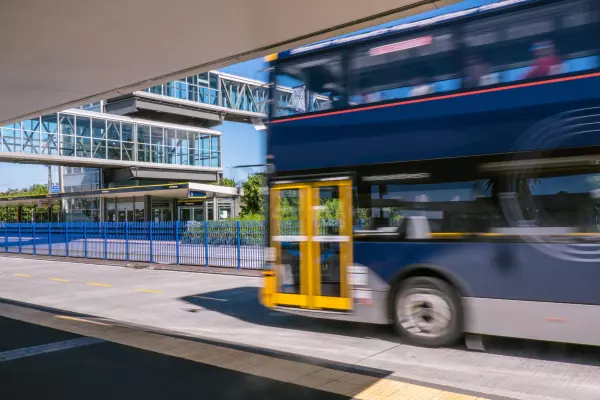This month Chorus engineers will switch off 41 roadside cabinets. They are the first batch in a programme that will remove copper lines in areas now served by fibre.
While that may sound disruptive, many New Zealanders have already moved to fibre. There are areas where as many as 75 percent of customers are now on the UFB network.
Nationwide more than two thirds of people have chosen to move to Chorus fibre in places where it is available. Some people choose alternative broadband technologies. So there are places where the 100-year-old copper network is no longer needed. Where that’s the case, it doesn’t make economic sense to keep it open for a dwindling band of users. Elsewhere there are areas that don’t have fibre and there are no plans to remove copper networks in these areas.
It will take years to shut down all the cabinets in fibre areas. The physical switch-off isn’t time consuming. Yet there are steps that Chorus must take so that the people who still use copper services are not caught off-guard.
The Commerce Commission’s Copper Withdrawal Code spells these out. They come down to making sure Chorus informs the people affected by a switch-off and gives them plenty of time to make alternative plans.
Chorus must tell service providers of plans to shut cabinets and send a series of letters warning customers the change is coming. As the date gets closer it must remind them. It takes at least six months to work through the stages.
Marcus Wofinden, Chorus Head of Connect Delivery, says the original plan was to decommission a first batch of 28 cabinets a year ago. “Covid delayed those plans. We pressed pause halfway through and sent letters to the customers telling them we were standing down while there was a lockdown. It meant we struggled installing new fibre connections. This gave the first set of affected customers longer to plan”.
He says Chorus is confident it has followed the processes and that they have worked well. “We're happy with the way the retail service providers engaged and so far, so good. We haven't had any negative comments from customers yet.” He says the providers do a lot to support the customer communications. It is, after all, an opportunity for them to sell their services.
These first cabinets are something of a trial run. In the coming months the Commerce Commission will review the process and Chorus can use the early switch-offs to identify problem areas or potential tweaks.
One issue that came up with the first switch-off was inconsistencies with customer addresses in the Chorus and broadband provider databases. This has turned out to be more complex than anticipated. Another issue has been with unexpected services that rely on the legacy copper service - non-landline services such as Lotto machines and point of sale terminals. Yet overall Wofinden says the process has been straightforward.
Chorus plans to remove the cabinets after they have been switched off. In some cases, they may be put to another use, but in the long term the plan is to remove them altogether. Wofinden says this will mean a dramatic reduction in the company’s power consumption and an improved carbon footprint. Fibre cabinets use far less power than copper cabinets.
Wofinden says Chorus was worried about what the copper shut-down might mean for vulnerable customers. “We’ve worked with the providers on this for people who might have a medical dependency on a landline, and we’ve also worked with Age Concern and similar groups. There are alternatives for these customers, it could be they need a mobile phone or in some cases a backup power supply.”














